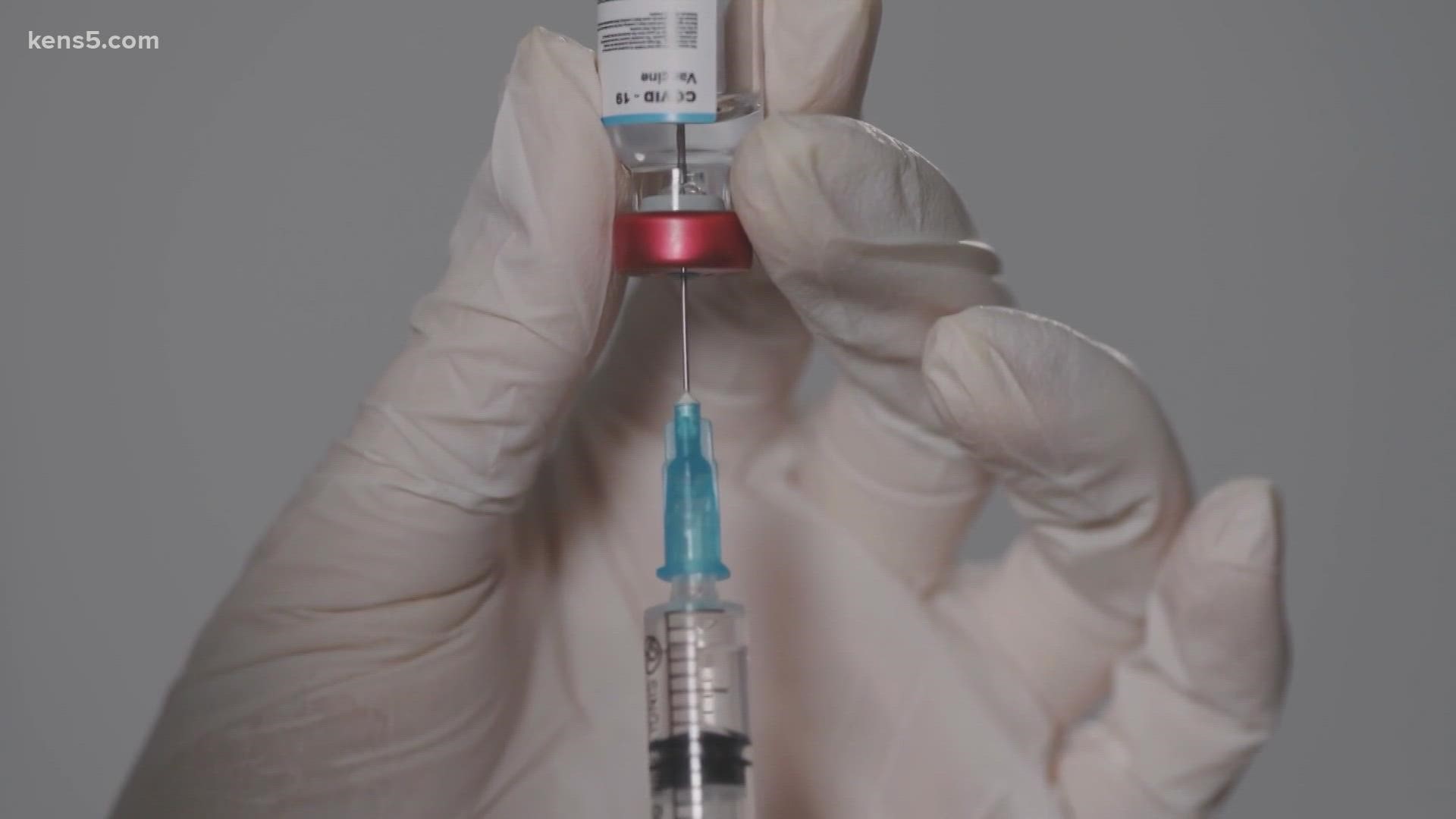SAN ANTONIO — A first-of-it's-kind study about to take place in San Antonio aims to curb the AIDS epidemic using the same technology that was used to develop COVID vaccines.
The UT Health Science Center and University Health are teaming up to begin a phase 1 clinical study of an HIV vaccine candidate made by Moderna. The study will be San Antonio's first-ever of an mRNA HIV vaccine.
"The science behind the vaccines for COVID is incredible and is a really an amazing advance," said Dr. Barbara Taylor, an Associate Professor of Infectious Diseases at UT Health San Antonio. "The idea that we could take something that has been as horrible for our community and globally as the COVID pandemic, and use the lessons learned to create a vaccine for HIV, is really inspiring to me."
The vaccines provide instruction through the mRNA, or messenger RNA, to the body's cells to make a protein. That protein stimulates an immune response. Once that happens the cells get rid of the mRNA instructions, and the immune response which the body has learned, remains.
"Developing an HIV vaccine is a long journey, so this is a step," Dr. Taylor added. "But yes, I mean, really, hopefully this is a road to an actual effective vaccine, which has eluded us for so long."
The goal of the study is to show the safety of the mRNA delivered doses of a vaccine and follow-up booster. It will evaluate the immune response that could create neutralizing antibodies. If successful the vaccine candidates would prevent HIV infection. Lowering infection rates, and prevent illness and disease caused by HIV. The long term goal of effectively ending the AIDS epidemic.
"But in order to get there, we have to teach our bodies how to respond to a virus that we don't usually have an effective immune response to," Dr. Taylor said.
The study is looking to enroll 15 patients locally. Nobody at risk for HIV or pregnant women can take part. If you'd like more information or want to volunteer visit UTHealthResearch.com or call 210-469-3206.

